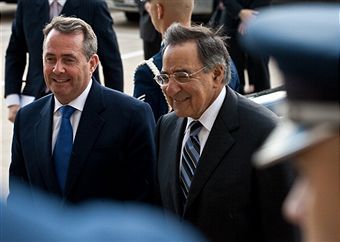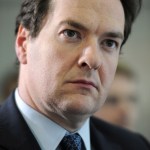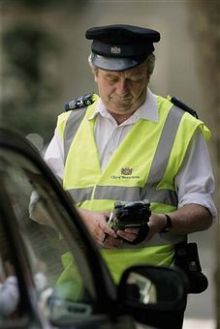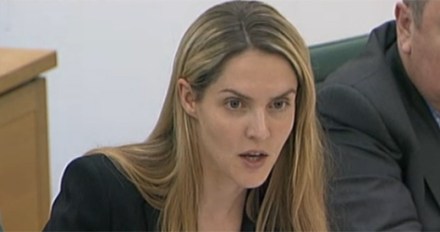Fasten your seatbelts…
It has, to paraphrase Margo Channing, already been a bumpy night — and it’s only going to get bumpier today. The latest news is how the Asian markets have trembled at what’s happening in the West. Japan’s main stock index is down 3.7 per cent. Australia’s is down 4.2 per cent. Hong Kong’s 5.3 per cent. And even oil futures joined in with the collective nosedive, which is continuing as the European exchanges open this morning. All of which adds to the catalogue of horror that was written yesterday. CoffeeHousers will read plenty of grim comparisons in the papers today, not least that yesterday’s plunge in the Dow Jones was





















